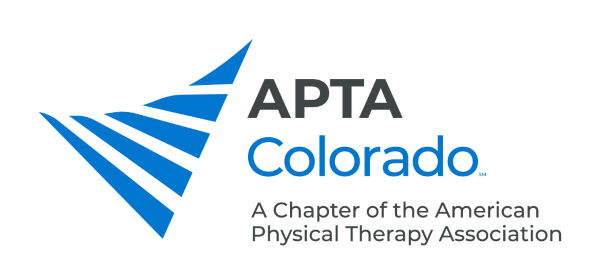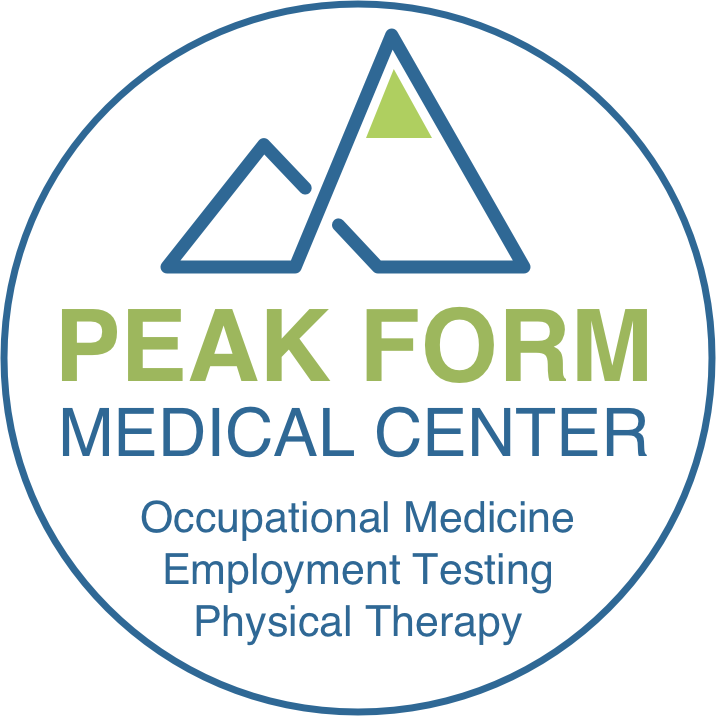Significant CMS Prior Authorization Changes on the Horizon: Your Voice NeededAPTA Don't miss this chance for the profession to make headway in reducing administrative burden. When it comes to the U.S. Centers for Medicare & Medicaid Services, chances to effect significant change don't come around that often — and when they do, opportunities shouldn't be passed up. That's precisely the scenario the physical therapy profession now faces in a crucial area in need of reform: prior authorization. APTA is urging members and supporters to make their voices heard before a looming March 13 deadline. "A Real Difference for Providers" Provider concern over the administrative burden associated with prior authorization isn't new, and reining in its misuse has been a constant feature of APTA's advocacy efforts. Over the years, CMS has acknowledged that the issue needs to be addressed, but this is the closest the agency has come to taking action (CMS proposed reforms to prior authorization in 2020 but never acted on them). "It's difficult to overstate the importance of these proposed rules, particularly the large-scale rule that affects multiple programs," said Kate Gilliard, APTA's director of health policy and payment. "While it's true the proposals won't completely eliminate prior authorization, CMS is offering up changes that will make a real difference for providers — particularly PTs, who are typically saddled with more prior authorization than the average clinician. That's why it's so important that the profession seize this critical opportunity and make its voice heard." |


